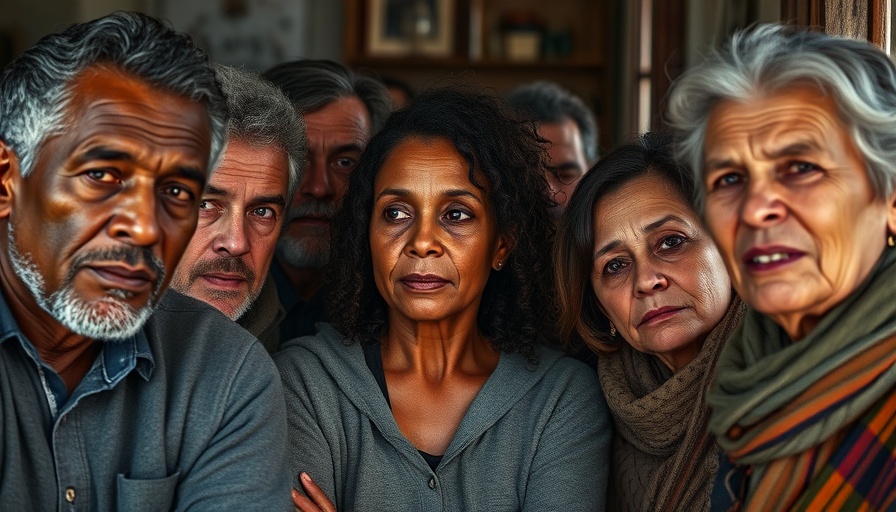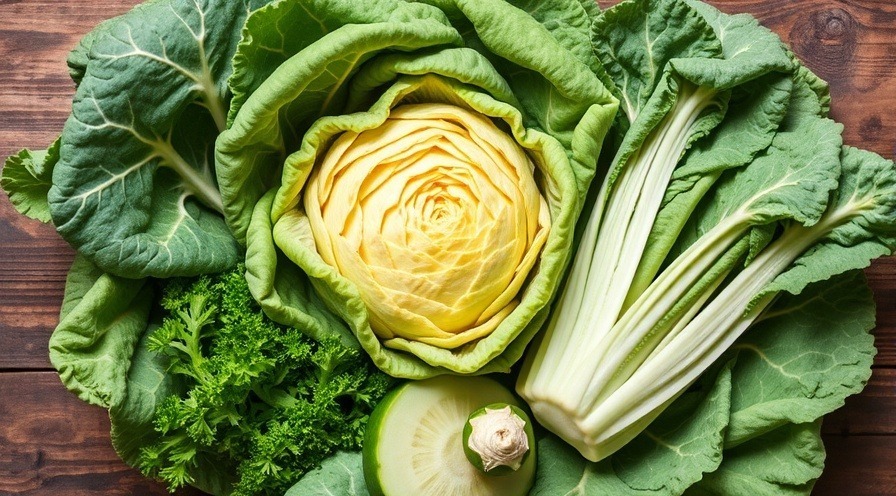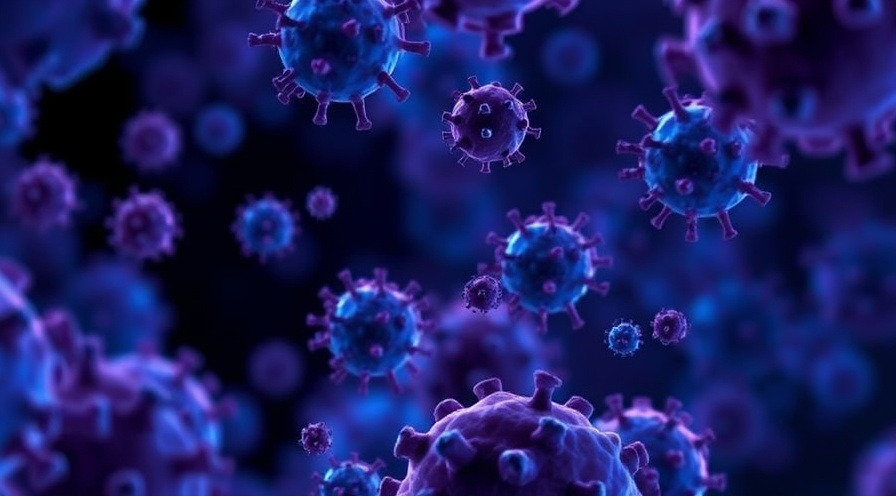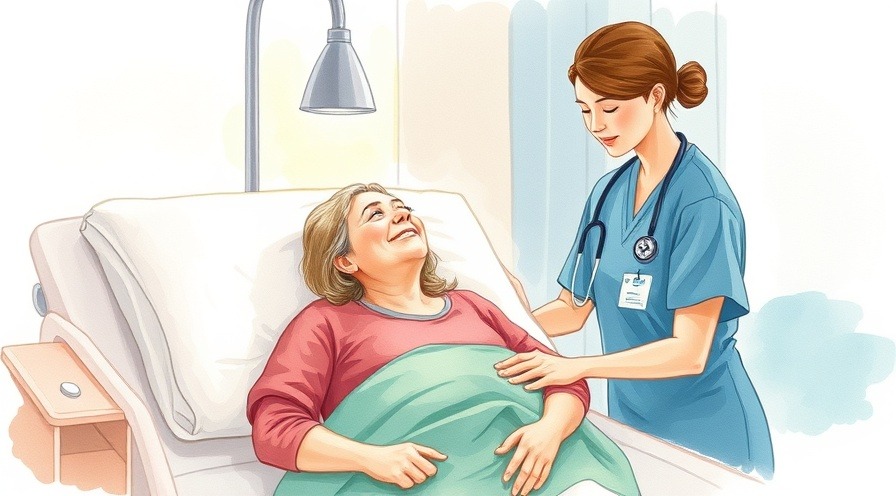
Understanding Cancer Disparities in Indigenous Communities
Cancer affects everyone, but Indigenous communities in the U.S. face unique challenges that exacerbate the fight against this disease. In the insightful video Real Lives: Cancer Stories of Indigenous People presented by the American Cancer Society, various personal stories highlight the critical health disparities that plague these populations. Moreover, it emphasizes the importance of personalized healthcare strategies tailored to fit the intricate tapestry of over 560 federally recognized tribes within the United States.
In Real Lives: Cancer Stories of Indigenous People presented by the American Cancer Society, intense narratives shed light on the ongoing challenges facing Indigenous peoples in the battle against cancer, encouraging both empathy and deeper analysis.
Cultural and Geographical Barriers
One of the most significant hurdles Indigenous populations face in accessing cancer treatment is their geographical location. Many members of tribes live in rural communities, making the journey to medical facilities a considerable challenge. For instance, residents on the Chickasaw Nation Reservation often have to travel upwards of 90 miles for medical appointments, imposing physical and financial burdens on them. This distance can deter many from seeking timely screenings and medical intervention, often resulting in late-stage cancer diagnoses. The geographical isolation reflects a broader systemic failure to provide equitable healthcare access to rural populations.
The Impact of Historical Trauma
Adding to these challenges is the weight of historical trauma that still resonates in many Indigenous communities. Past injustices, such as forced sterilizations without consent, have fostered a widespread distrust of the healthcare system. As highlighted in the video, patients may ask themselves, "How can I trust a healthcare provider that may not understand my culture or history?"
This distrust complicates efforts to promote early disease detection and preventive care, essential for combating cancer effectively. To overcome these barriers, healthcare providers must engage with communities respectfully, acknowledging their histories and working collaboratively to build trust.
The Power of Community and Cultural Relevance
Efforts to address these disparities are underway, driven by organizations like the American Cancer Society. They focus on research that supports culturally relevant cancer prevention programs. The introduction of resources such as Hope Lodge—a facility offering temporary accommodation for cancer patients—demonstrates an understanding of the unique needs of Indigenous peoples. Hope Lodge not only provides a place to stay but cultivates a support network that fosters healing.
Many survivors in the video expressed gratitude towards the American Cancer Society for continually adapting to community needs, emphasizing the importance of culturally appropriate care.
Empowerment Through Education and Advocacy
Despite the challenges, many Indigenous advocates are stepping up to educate their communities about cancer prevention and care. One poignant moment from the video recounts how a mother's battle with colorectal cancer ignited a fire and purpose in her child—leading to advocacy for increased awareness of early screenings and resources available for Indigenous people.
This focus on education serves to empower individuals within these communities. When people are informed and become advocates for their health, they help pave the way for understanding the complexities of cancer and its implications.
Looking Ahead: Hope and Healing
Ultimately, the stories shared in Real Lives: Cancer Stories of Indigenous People serve as a reminder of the resilience found in Indigenous communities and the power of shared experiences. As we navigate the fight against cancer, collaboration with these communities is crucial. By blending science, cultural relevance, and community-based approaches, we can make strides toward health equity and ensure that nobody has to fight alone.
Empowering local voices and embracing culturally sensitive methodologies form the bedrock of overcoming the barriers faced by Indigenous peoples in cancer care.
Take Action: Consider supporting local Indigenous health initiatives, advocating for equity in healthcare policies, and sharing resources to ensure those most affected have the access and support they need. Awareness can spark change, leading to a healthier future for all.
 Add Row
Add Row  Add
Add 




Write A Comment